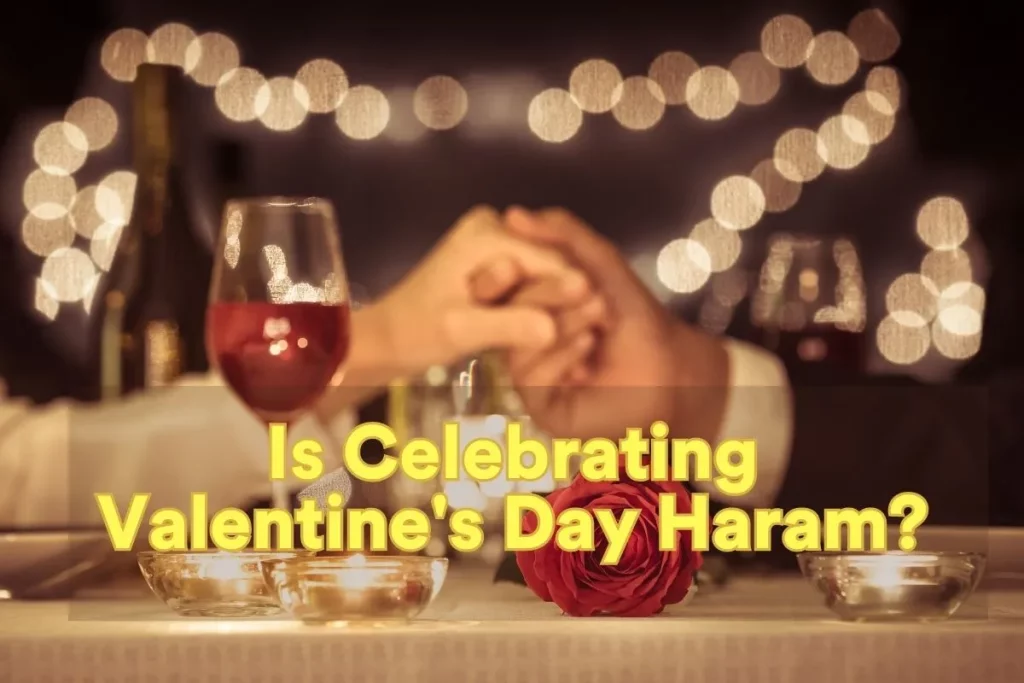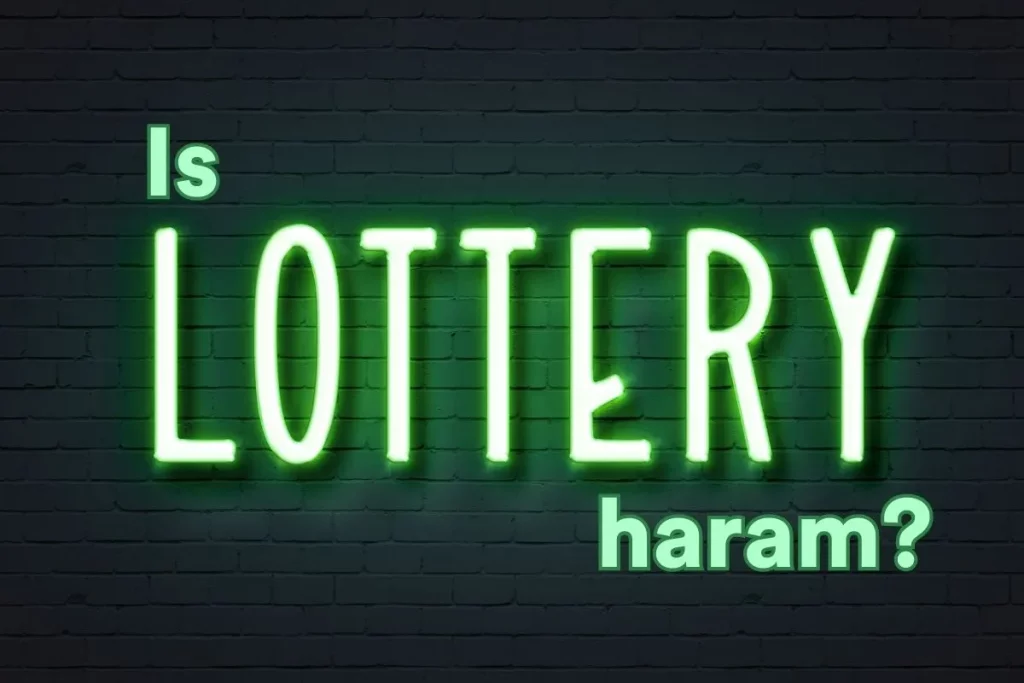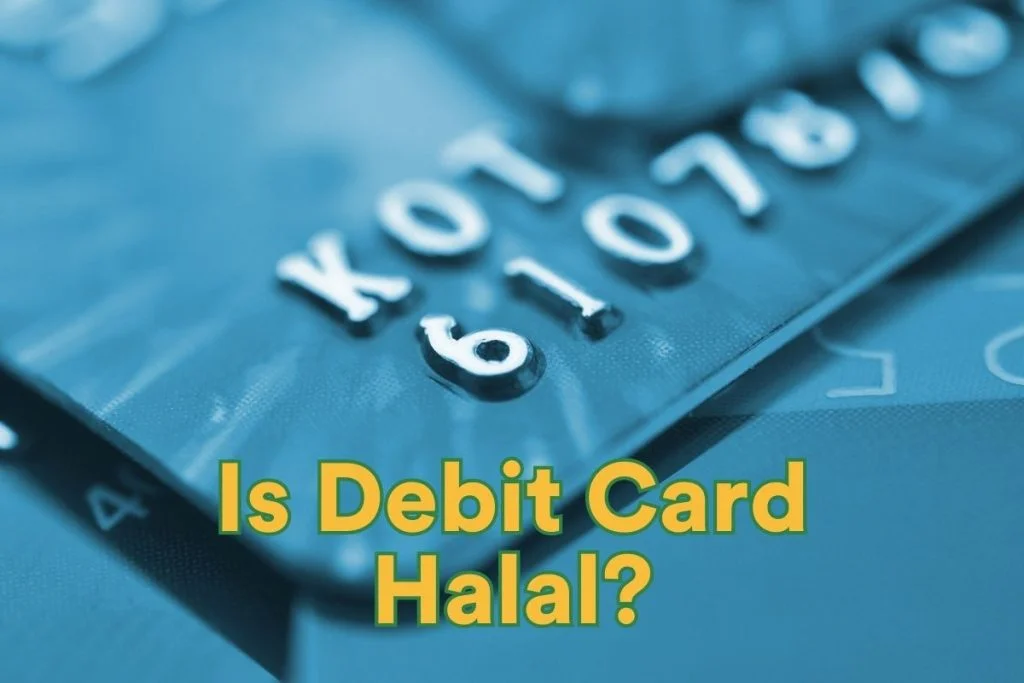Valentine’s Day, a day synonymous with love and affection, has traversed its historical journey from ancient Roman traditions to a global celebration of affection. However, within the Islamic community, the permissibility of commemorating this day remains a controversy.
As we delve into the historical roots, contemporary manifestations, and Islamic teachings surrounding Valentine’s Day, we aim to shed light on the intricate tapestry of beliefs and practices that intertwine on this occasion.
Key Takeaways
| 📌 Historical Blend: Valentine’s Day originates from a blend of ancient Roman traditions and Christian commemorations, highlighting its diverse cultural roots. |
| 📌 Islamic Perspective: The arguments against Valentine’s Day |
| 📌 Arab Celebration: The Arab world embraces Valentine’s Day, exchanging gifts and enjoying special moments, reflecting the universal essence of affection and romance. |
Historical Origins of Valentine’s Day
Valentine’s Day finds its origins in two distinct historical traditions. The first traces back to ancient Rome and its observance of the Lupercalia festival in mid-February. Lupercalia celebrated fertility and the onset of spring, marked by rituals and festivities that often involved pairing couples through a lottery system.
The Christian association with Valentine’s Day emerged later, centering on the commemoration of St. Valentine, a third-century martyr. Although various stories surround St. Valentine, the most prevalent one recounts his acts of conducting clandestine marriages for soldiers who were prohibited from marrying due to military obligations. This courageous defiance of the Roman emperor’s orders ultimately led to his martyrdom.
Over time, these two distinct narratives—the Roman tradition of Lupercalia and the Christian story of St. Valentine—converged, blending elements of fertility celebration and acts of love into the Valentine’s Day we recognize today. This fusion of historical threads has shaped the holiday’s evolution and its significance as a day of affection and romantic expressions.
Valentine’s Day in Contemporary Society
In modern times, Valentine’s Day has transformed into a widespread celebration that embraces love and fondness in various forms. Individuals across the globe participate in this day by engaging in heartfelt exchanges of romantic gestures, tokens of affection, and gifts. This practice extends not only to couples but also to friends and family members, emphasizing the broader spectrum of love.
The commercial aspect of Valentine’s Day is evident, with businesses seizing the occasion to promote an array of offerings, including flowers, chocolates, gifts, and themed events. While some may perceive this commercialization as materialistic, others view it as an opportunity to tangibly express their sentiments to their loved ones. It’s a time when many find joy in selecting and presenting gifts that symbolize their care and appreciation, transcending the boundaries of mere consumerism.
Islamic Teachings on Love and Relationships
Islamic teachings emphasize the significance of love, compassion, and healthy relationships. The concept of love within Islam extends beyond romantic love to encompass love for family, friends, and humanity as a whole. Islam encourages kindness, respect, and empathy in all interactions.
The Prophet Muhammad’s ﷺ (peace be upon him) teachings underscore the importance of treating one’s spouse with kindness and maintaining strong familial bonds. Islam encourages expressions of affection and appreciation within the boundaries of Islamic ethics.
حَدَّثَنَا أَبُو بِشْرٍ، بَكْرُ بْنُ خَلَفٍ وَمُحَمَّدُ بْنُ يَحْيَى قَالاَ حَدَّثَنَا أَبُو عَاصِمٍ، عَنْ جَعْفَرِ بْنِ يَحْيَى بْنِ ثَوْبَانَ، عَنْ عَمِّهِ، عُمَارَةَ بْنِ ثَوْبَانَ عَنْ عَطَاءٍ، عَنِ ابْنِ عَبَّاسٍ، عَنِ النَّبِيِّ ـ صلى الله عليه وسلم ـ قَالَ “ خَيْرُكُمْ خَيْرُكُمْ لأَهْلِهِ وَأَنَا خَيْرُكُمْ لأَهْلِي ” .
It was narrated from Ibn ‘Abbas that:
the Prophet said: “The best of you is the one who is best to his wife, and I am the best of you to my wives.
Arguments Against the Celebration
Within the Islamic community, scholars raise concerns about the origins of Valentine’s Day and its potential conflicts with Islamic beliefs. Some argue that the celebration has its roots in pagan and Christian customs, which are at odds with Islamic monotheism.
Additionally, the focus on romantic relationships and public displays of affection during Valentine’s Day can be perceived as advocating values that are at odds with Islamic principles of modesty and purity. Presently, it’s observable that numerous unmarried couples engage in intimate behaviors on this occasion, which directly contradicts Islamic teachings and ethical standards.
Is Celebrating Valentine’s Day Haram?
The celebration of Valentine’s Day bears a striking resemblance to actions that are deemed adulterous, leading to its strict prohibition under the principles of Shari’a. Consequently, it falls under the category of haram (unlawful) practices in Islamic jurisprudence.
Allah clearly stated to stay away from Zina (adultery):
وَلَا تَقْرَبُوا۟ ٱلزِّنَىٰٓ ۖ إِنَّهُۥ كَانَ فَـٰحِشَةًۭ وَسَآءَ سَبِيلًۭا
Do not go near adultery. It is truly a shameful deed and an evil way.
Final Thought
In the discourse surrounding Valentine’s Day, we believe that the celebration is haram, considering it incompatible with Islamic teachings. This perspective stems from concerns about imitating non-Islamic practices, promoting values contrary to modesty and chastity, and potentially blurring the lines between permissible and prohibited behaviors.
Scholars and individuals who are against Valentine’s Day often emphasize the importance of adhering to Islamic principles and safeguarding the sanctity of relationships.
Allahu A’lam (Allah knows best)
FAQ
Is Valentine’s Day haram for married couples?
It is essential for every Muslim to consistently express affection to their spouse in their daily lives. For married couples, observing Valentine’s Day or their anniversary can be acceptable, provided it is not motivated by the intention to imitate the practices of non-believers and without elevating this day to a distinct status.
Why doesn’t Islam celebrate Valentine’s Day?
Islam does not endorse the celebration of Valentine’s Day primarily due to its origins and associations with non-Islamic customs and beliefs. The holiday’s historical roots in ancient Roman and Christian traditions, combined with its emphasis on romantic love and expressions that may not align with Islamic principles of modesty and chastity, have led many scholars to discourage its observance within the Muslim community.
Additionally, Islam encourages continuous acts of love, kindness, and affection within marriages and relationships, making the need for a specific day to express such sentiments less significant.
Do Arabic people celebrate Valentine’s Day?
Valentine’s Day finds its place in the hearts of people across the Arab world, where the celebration has become a cherished occasion. Lovers exchange heartfelt gifts, and roses, and partake in delightful evenings together, embracing the spirit of affection and romance.
The acceptance of this day has been on the rise, as heart-shaped balloons, red roses, and cuddly teddy bears make their way into the hands of couples. Notably, even in countries where Valentine’s Day was once forbidden, such as Saudi Arabia, the tides have turned, and the celebration is now embraced openly.
While some may view it as a Western import, its presence is evident in various Arab nations, including Jordan, Egypt, Palestine, Lebanon, and Syria. The festivities paint a vivid picture, with newspapers guiding couples to dining spots, flower shops crafting enchanting bouquets, and restaurants curating themed dinners.
In this diverse region, Valentine’s Day has woven itself into the fabric of affectionate expressions, symbolizing the universality of love.
- Is Pop Tarts Halal? What You Need to Know - February 18, 2024
- Are Graham Crackers Halal in Islam? - January 19, 2024
- Is Keebler Wheatables Halal? - January 18, 2024





